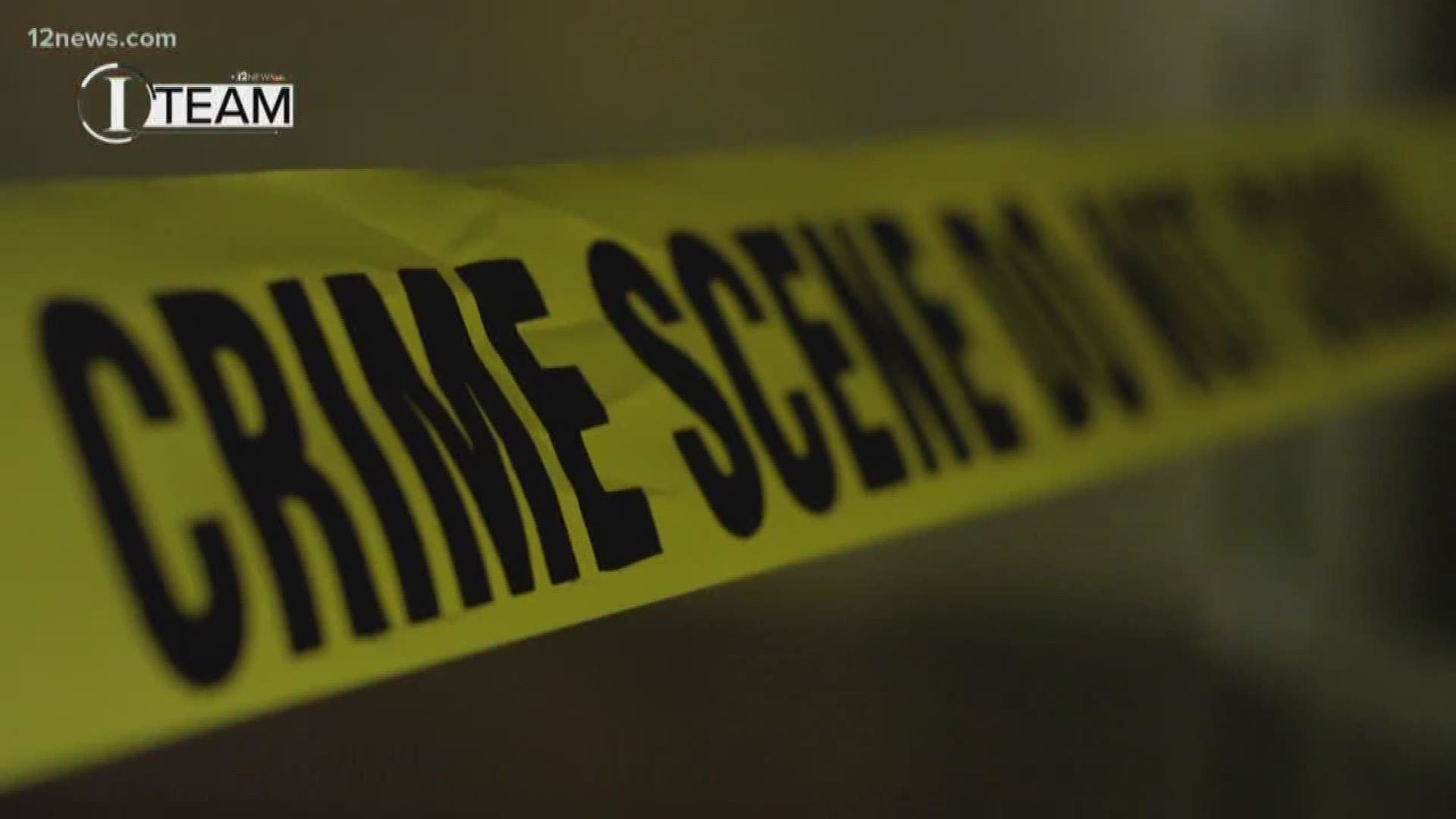Police officers have one of the most stress-inducing jobs in American life, facing literal life-or-death situations. Those high-stress situations mean they have a significant need for mental health care.
Psychology Today says that 19 percent of officers may have PTSD, and 34 percent have symptoms but do not meet the standard for a full diagnosis.
More law enforcement officers died by suicide in 2018 than any other cause, including deaths in the line of duty.
Several officers with PTSD told 12 News that they were either directly or indirectly discouraged from seeking mental health support in the wake of a traumatic event. That discouragement came from fellow officers, as well as the department itself in the form of legal blocks against worker's compensation.
But an officer-led organization is working to help those who are suffering in the wake of a traumatic event.
"The last thing that you or anybody else wants to see is a cop crying, and so we have to take that all inside and hold it," said Jason Mow, a spokesperson for PISTLE, a Valley-based group that provides support and resources to officers.
The nonprofit organization puts officers in contact with labor and personal injury lawyers who can help them navigate the worker's compensation case, and any other pushback they may receive from their department.
PISTLE also vets health professionals who may specialize in treating law enforcement officers and provides peer support groups for officers suffering from trauma.
Mow, a former police officer himself, says his life changed after he began his battle with his department for mental health care. He says he severely injured his hamstrings in a fight and footchase with a suspect several years ago, but the department argued that it was a pre-existing condition.
"Now I have this betrayal trauma where I don’t know who I can trust now because my partners, my friends, my supervisors, the city, people I worked for, they always just kind of dropped me like a hot rock," Mow said.
While PISTLE works to fix short-term issues of PTSD within departments through legal avenues, Mow says increased counseling and dialog about stress and trauma within the department would help the long-term problem of stress and trauma within police.
"We need to start having an open, honest conversation about PTSD," Mow said. "We need to start saying that it exists and it can affect you exactly the same way that a physical injury can affect you. It can take you out."
But with increased communication and resources for officers, police departments may be able to stop PTSD scenarios before they reach that point.

